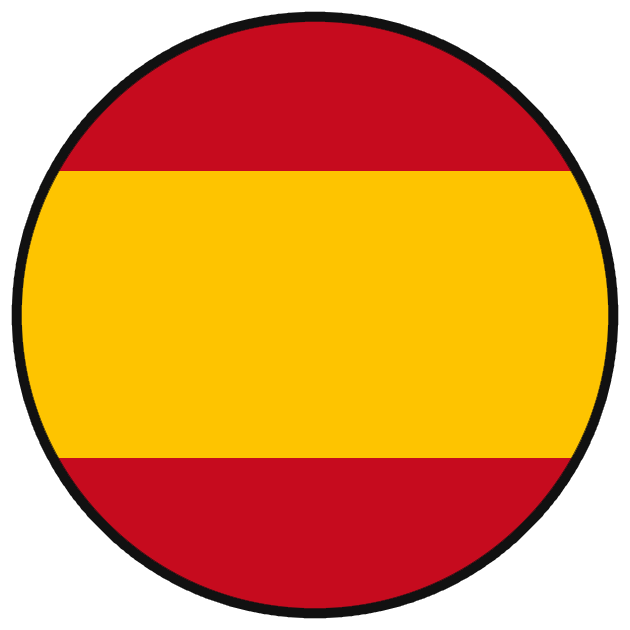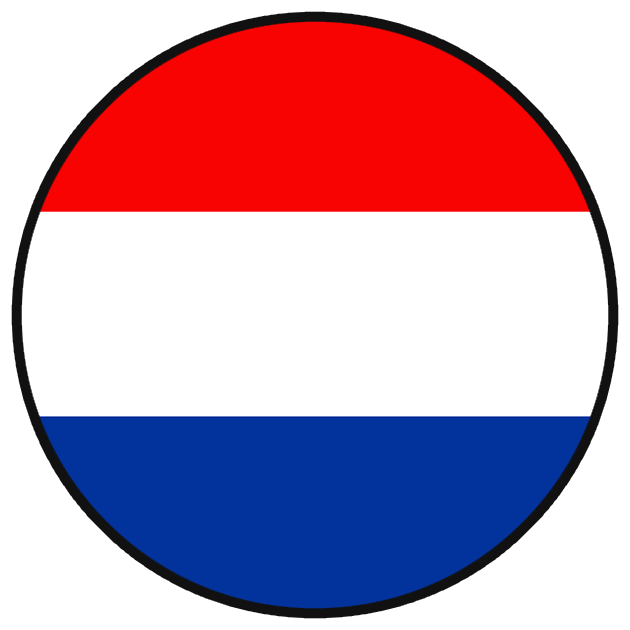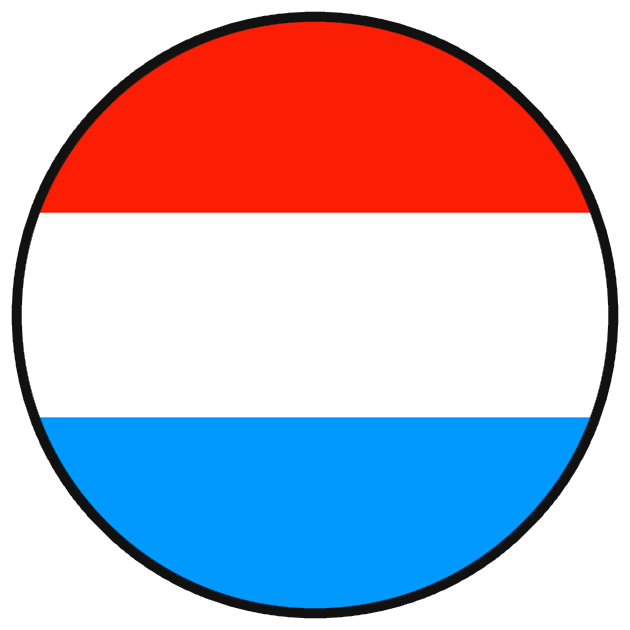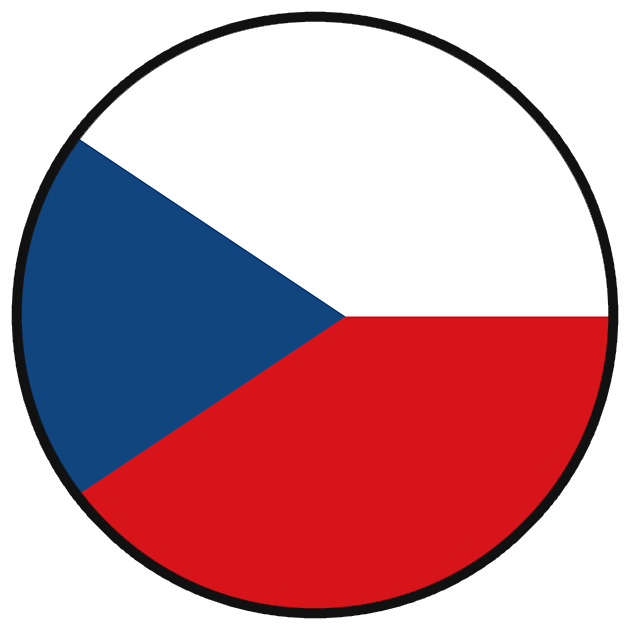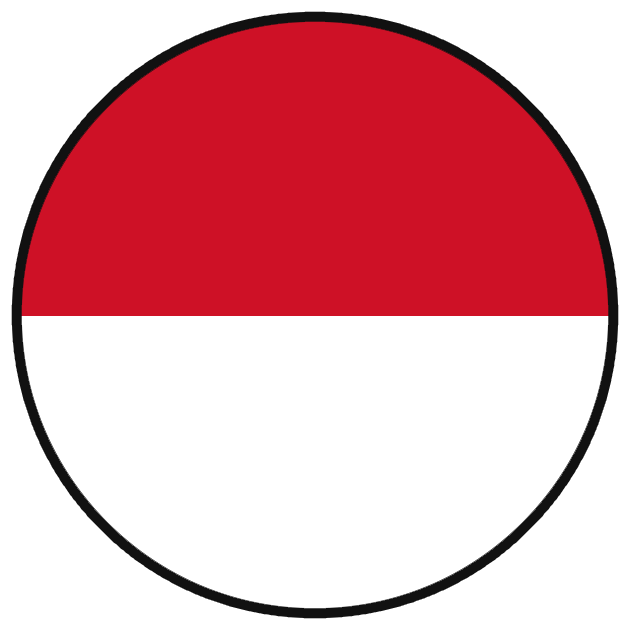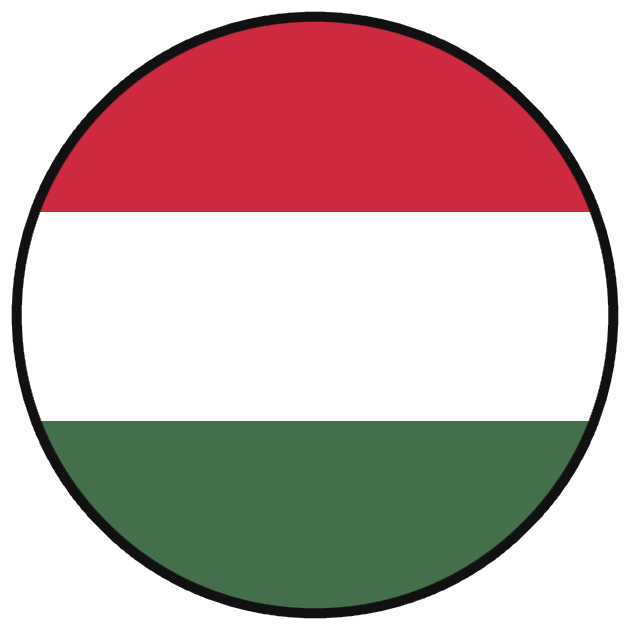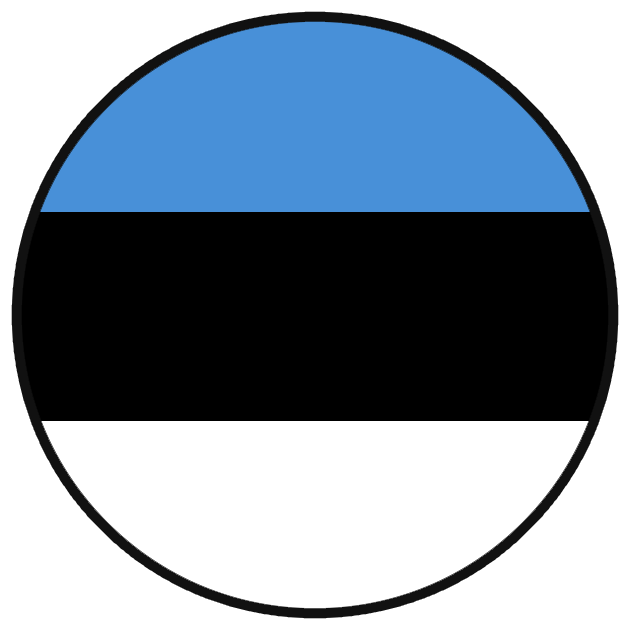Offering adoptions of beehives allows for an increase of the bee population and at the same time a honey with special values is created that goes hand in hand with our philosophy.
Honey for the bees: It is not the goal of the bees to produce honey for humans. Bees produce honey to nurture themselves when they run short of food outside of their hive. However, it is up to us to have excess honey by taking care of the environment and supporting the existence of flowers. When bees live in a place with a lot of flower, they can obtain the nectar and pollen during the whole year and we can enjoy the excess honey that they give to us. In doing so, we achieve a balance reserving part of the honey harvest for the bees in order to make it through winter.
Local work, global impact: Beekeeping has always been a local activity, but it benefited from having a global community (even before the internet existed). We can find beekeepers everywhere in the world and even though each of us has their own way of doing things, we end up sharing the knowledge and experience among ourselves. Each region produces a different honey depending on the plants that grow there. It is a product that has always crossed borders thanks to its good conditions, such as being transportable and because pure honey does not perish.
What you see is what you get: The rapid globalization has also affected the beekeepers. The attempt to turn this product into a commodity has harmed the good reputation that honey once had. Mixing different types of honey obliged the European Union to legislate labelling in order for consumers to know where their honey comes from. Apart from creating a direct sales channel Crowdfarming allows to bestow a face to the beekeepers behind the process and explains precisely where the honey is produced. Its a system that allows for traceability at its largest extent: It does not only assure the country and region of origin, but also that you buy the honey directly from the beekeeper and assures the origin of the beehive where your honey comes from.
- Orange blossom honey: On our plantation of citrus trees the bees are the main characters and as such, they are very important for the production of our oranges and clementines. They pollinate the orange blossoms of the orange and clementine trees that we cultivate. By doing this, we avoid the use of pesticides or herbicides.
Environmental impact of transporting honey to people that have adopted a beehive: Our environmental conscience does not only make us worry about the natural honey production but also about the packaging material and its transport to its destination. We fill the honey directly from the comb into glass jars and send them in recycled cardboard boxes (no plastic). We transport the packages with honey using the route with the shortest possible distance to the destination: From the honeycomb to the home of people that will consume it without having to stop by shops or interim warehouses. We group the goods of various orders to keep the environmental impact at a minimum. Our objective is that the only way to consume honey and having less pollution from its transport than via the Crowdfarming channel, would be to have the beehive sitting in your garden or buying it from your neighbour. Note! Driving your car to buy honey from a beekeeper could contaminate the environment even more  Learn more.
Learn more.





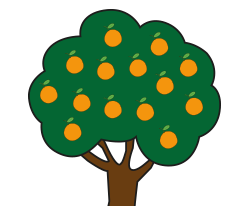 My account
My account 










